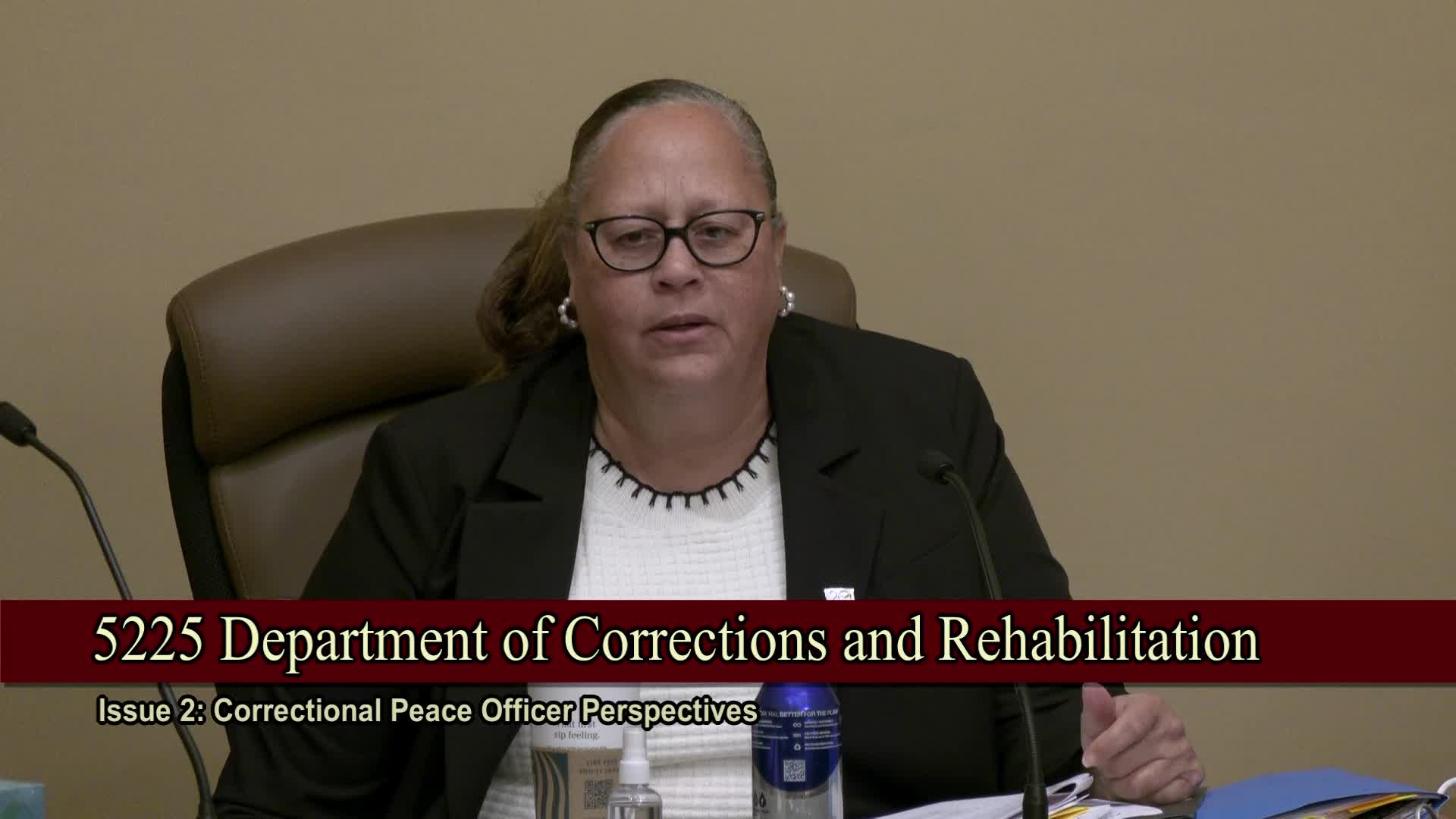Article not found
This article is no longer available. But don't worry—we've gathered other articles that discuss the same topic.
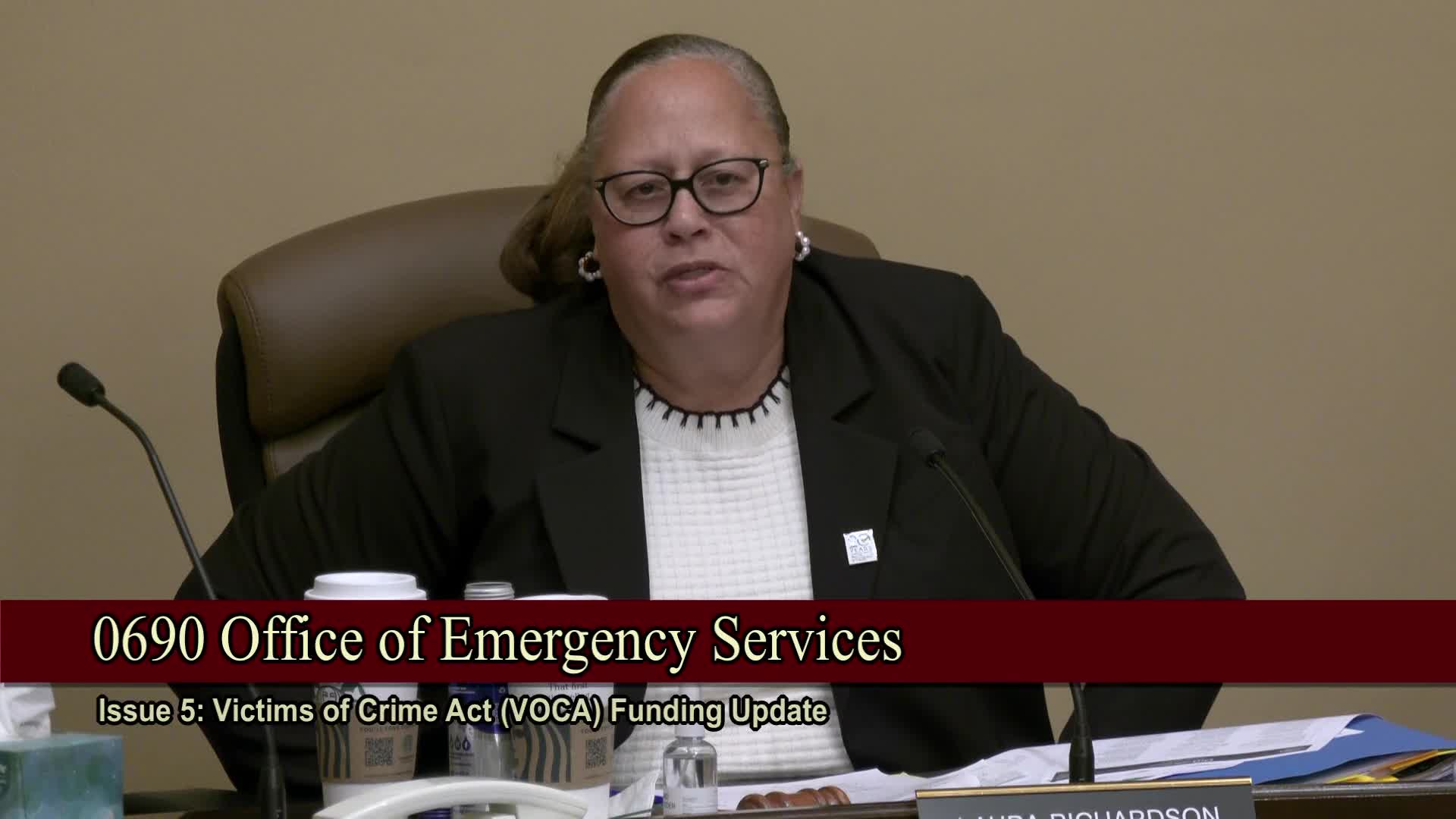
Cal OES, Cal Fire and LAO outline Prop 4 wildfire mitigation spending choices; legislators weigh timing and program design
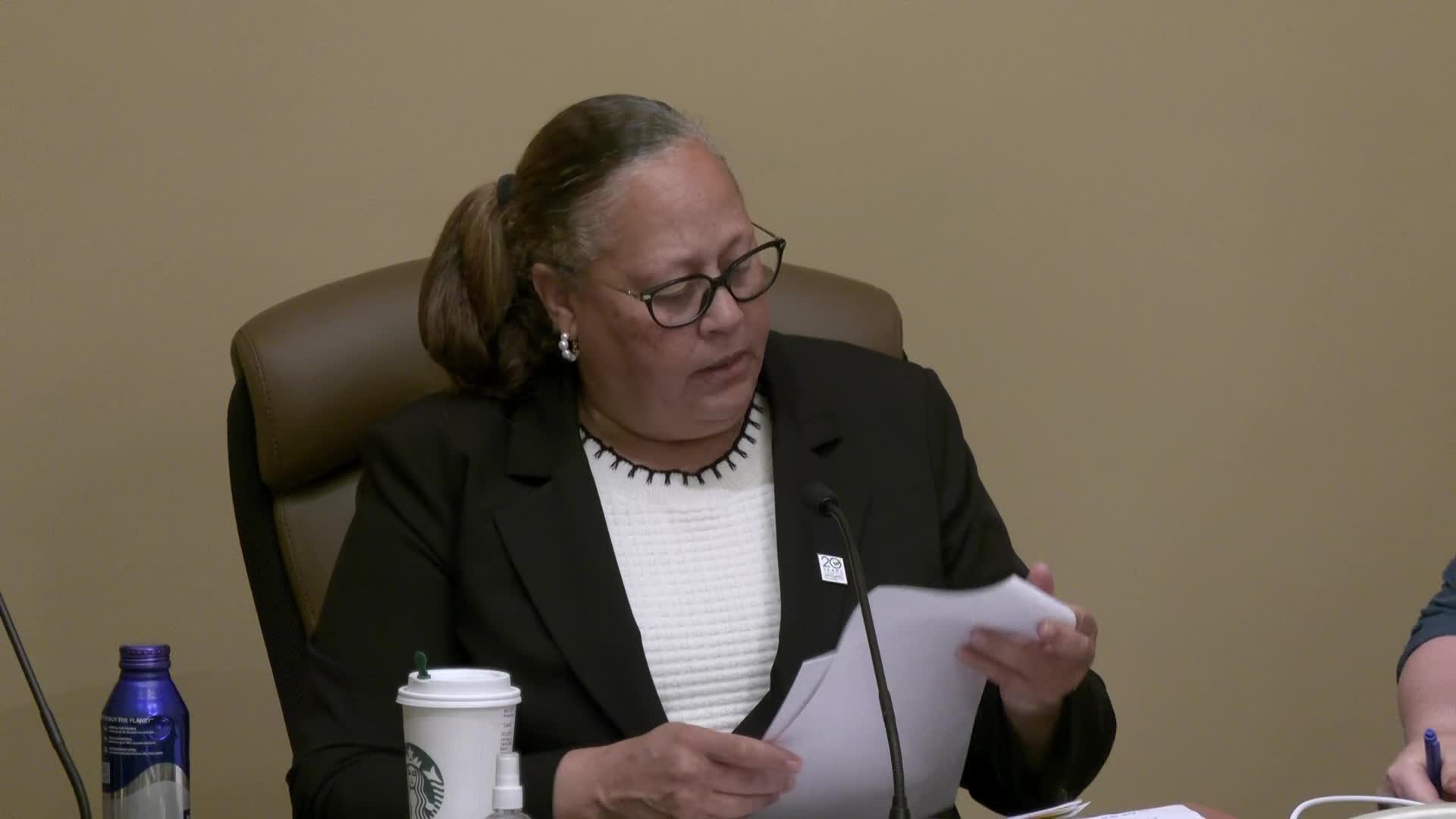
State officials rehear updates to SB 678 community corrections funding formula
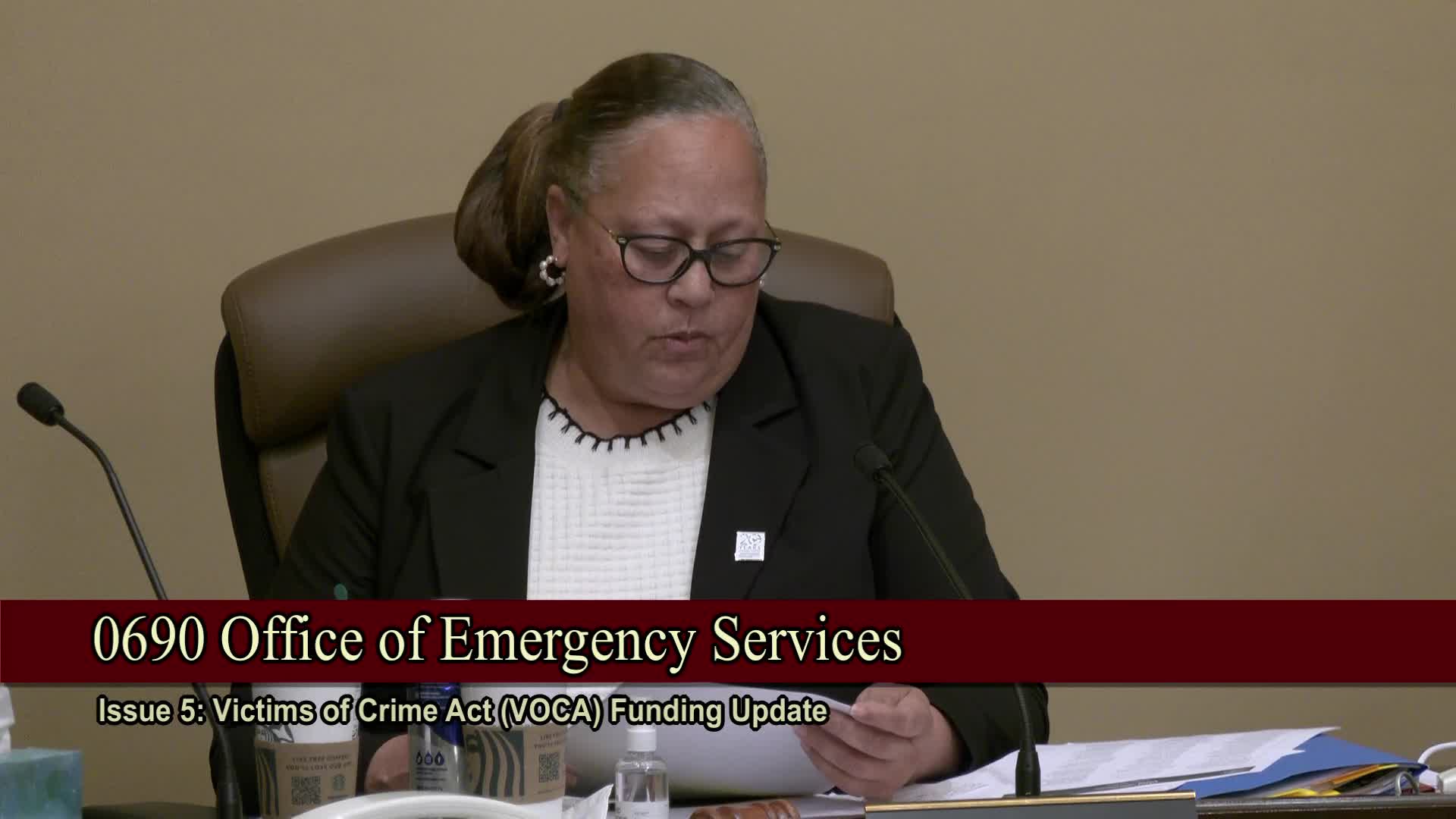
Officials warn of deep VOCA shortfall; advocates urge $224 million backfill to sustain services
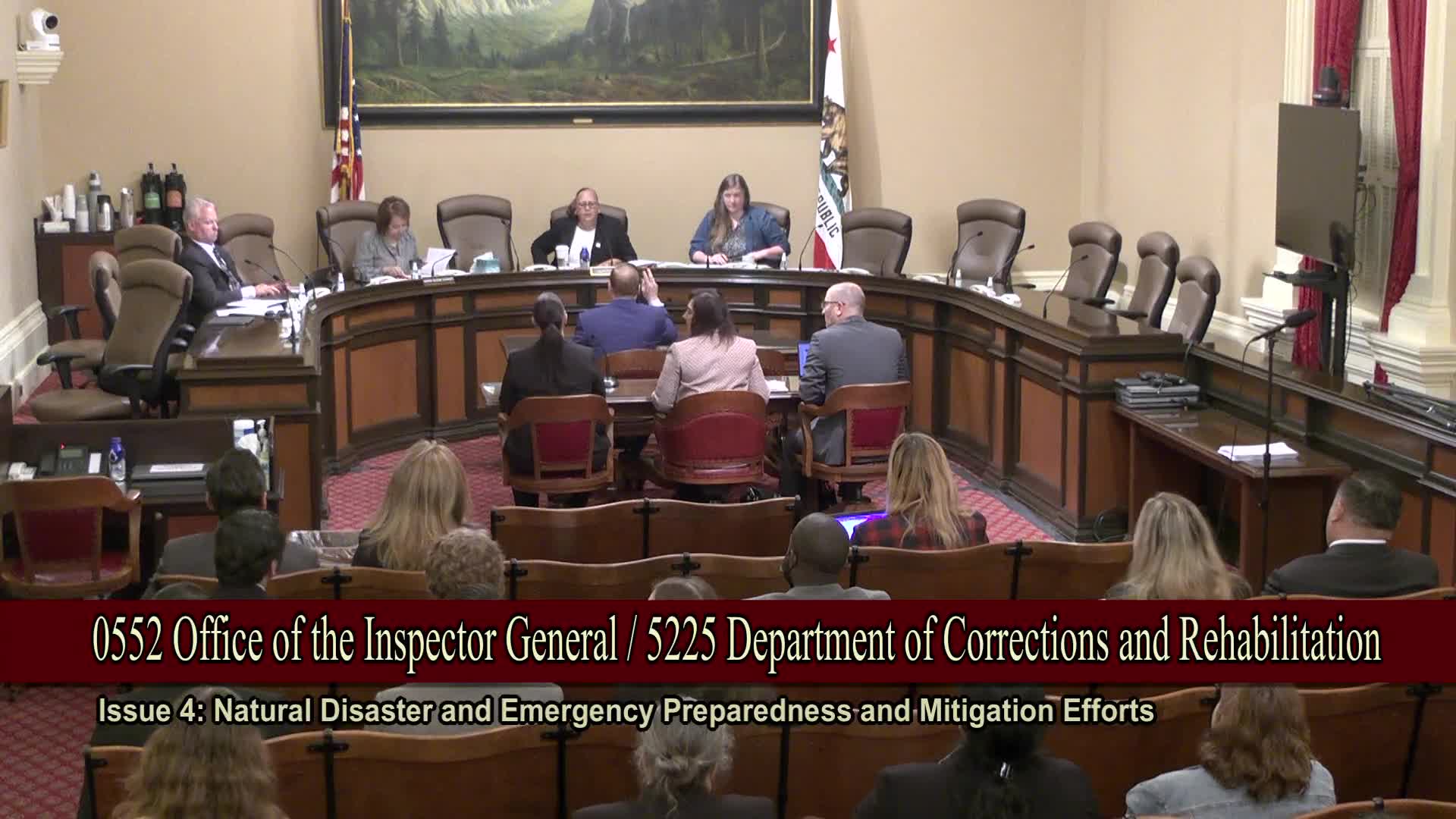
OIG audit: California prisons not able to complete large‑scale evacuations within 72 hours, vehicle fleet and planning gaps identified
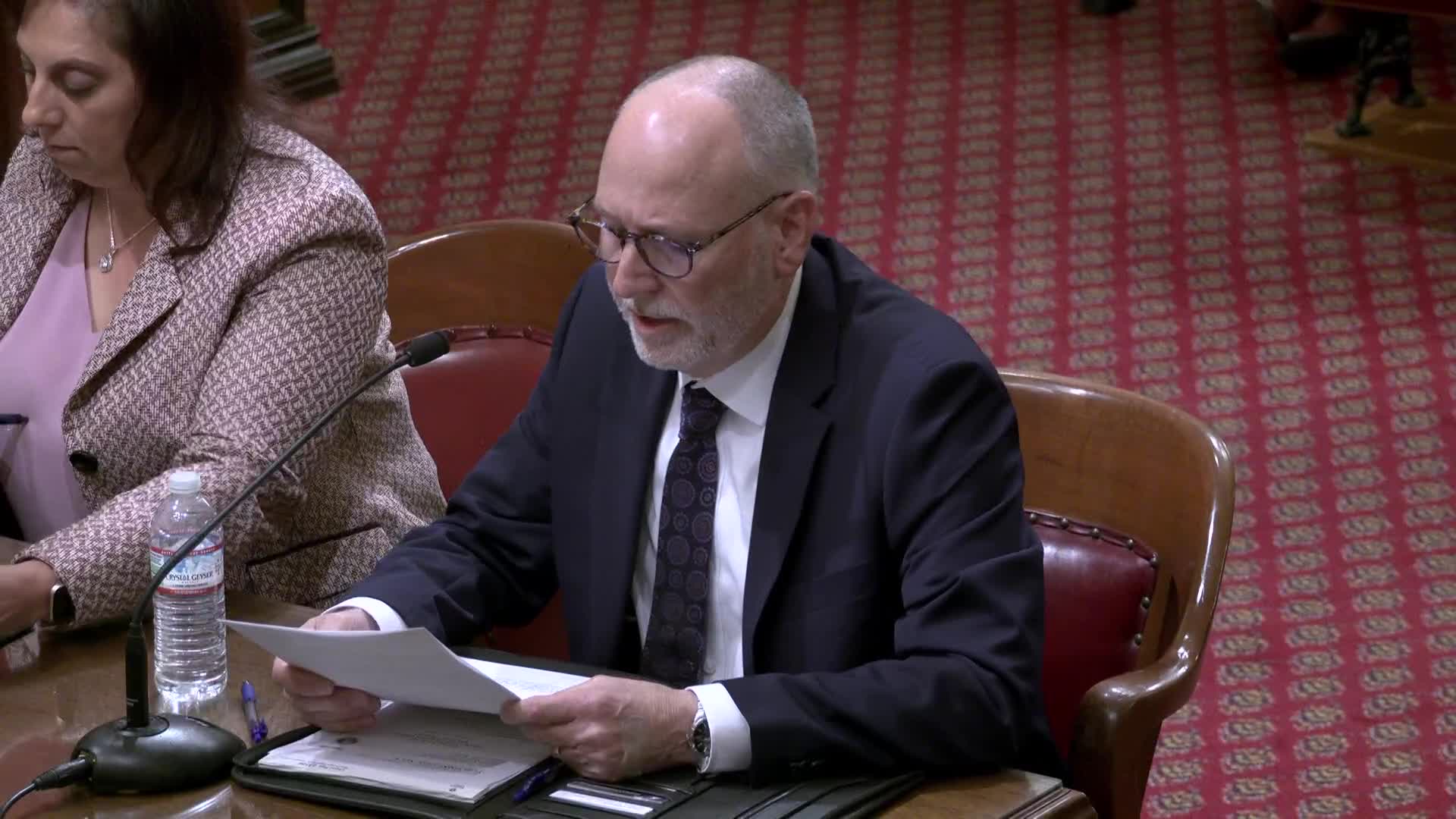
CDCR and OIG describe revised staff complaint processes; department warns investigation volume outstrips capacity
